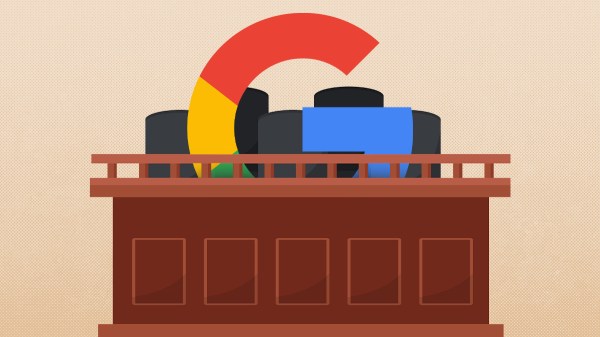
ADWEEK House is headed to Las Vegas on January 8! Our house is your house to unwind, recharge and network during the industry’s largest consumer tech moment. RSVP.
The Department of Justice presented its final argument in its adtech antitrust lawsuit against Google, as the end nears for a trial that began in U.S. Eastern District Court of Virginia in Alexandria on Sept. 9.
DOJ lawyer Aaron Teitelbaum urged U.S. District Judge Leonie Brinkema to hold Google accountable for anticompetitive conduct, Reuters reported, telling the court, “Google rigged the rules of the road.”
Arielle Garcia, director of intelligence at digital advertising watchdog Check My Ads, said in a LinkedIn post that Brinkema told Google lawyer Karen Dunn that she was approaching “dangerous territory” in claiming that the DOJ selectively highlighted Google employee statements without full context, noting that Google neglected to preserve evidence that would provide that context.
Garcia added that the DOJ said in its closing argument that Google only called one witness during the trial who was not a Google employee or a recipient of grant money from the company.
Rob Retzlaff, executive director of Connected Commerce Council (3C), pointed to the opportunity for small and midsized businesses to reach the right people via Google’s digital display ads, saying in a statement, “It’s disturbing that the DOJ is so determined to break a system that helps millions of entrepreneurs compete and succeed. A DOJ victory would be a crushing loss for America’s small businesses and the communities they serve.”
3C is primarily funded by Google and Amazon.
Monday’s closing arguments wrap up a 15-day trial that took place in September.
According to Reuters, if Brinkema determines that Google ran afoul of the law, she would consider a request by prosecutors that the company be required to, at a minimum, sell off its Google Ad Manager platform, which includes its Ad Exchange and its publisher ad server.
Google offered to take that step to remedy similar legal issues in the European Union, but publishers in the EU deemed it to be an insufficient solution, Reuters reported in September.

